The Wigs We Wear: Exploring the Reasons Behind Black Women’s Hair Choices
Related Articles: The Wigs We Wear: Exploring the Reasons Behind Black Women’s Hair Choices
Introduction
With enthusiasm, let’s navigate through the intriguing topic related to The Wigs We Wear: Exploring the Reasons Behind Black Women’s Hair Choices. Let’s weave interesting information and offer fresh perspectives to the readers.
Table of Content
The Wigs We Wear: Exploring the Reasons Behind Black Women’s Hair Choices
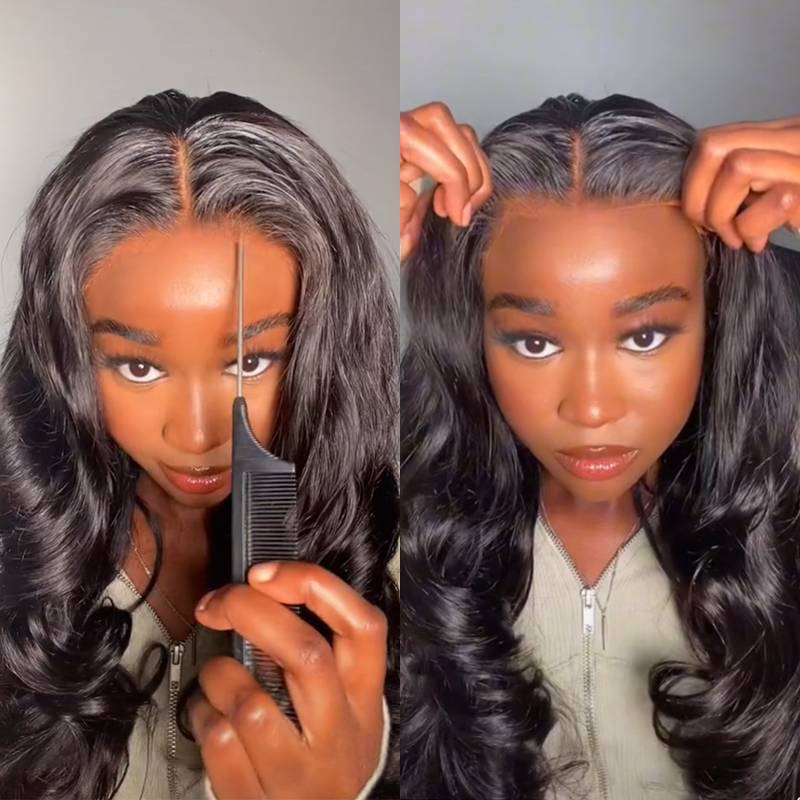
Black women’s hair has long been a subject of fascination, scrutiny, and even discrimination. The intricate textures, styles, and cultural significance of Black hair have been woven into the fabric of Black identity, yet its representation in mainstream society has often been limited and misconstrued. Within this complex landscape, the practice of wearing wigs has emerged as a powerful tool for self-expression, cultural affirmation, and practical necessity.
This article delves into the multifaceted reasons why Black women wear wigs, examining the historical context, cultural significance, and personal motivations that drive these choices. It aims to provide a comprehensive understanding of this practice, moving beyond superficial observations and exploring the nuanced realities behind the vibrant world of Black hair.
Historical Context and Cultural Significance:
The history of Black hair in America is deeply intertwined with slavery and the enduring legacy of racial prejudice. During slavery, Black women’s hair was forcibly cut, straightened, and manipulated, reflecting the attempts to erase their cultural identity and subjugate them. This forced assimilation persisted even after emancipation, with societal pressures pushing Black women to conform to Eurocentric beauty standards.
The rise of the "good hair" versus "bad hair" dichotomy further reinforced this pressure, perpetuating the idea that straight hair was superior and more desirable. This internalized racism, coupled with the lack of representation and acceptance of Black hair in mainstream media and beauty industries, created a complex environment where Black women felt compelled to alter their natural hair textures.
Wigs emerged as a practical solution to navigate these societal pressures. They offered a means to achieve desired styles without subjecting natural hair to harsh chemical treatments or damaging heat styling. Wigs also allowed Black women to experiment with different hairstyles, express their creativity, and reclaim their individuality amidst societal limitations.
Beyond Practicality: Personal Expression and Cultural Affirmation:
While practicality plays a significant role, the reasons for wearing wigs extend far beyond mere functionality. Wigs have become a powerful tool for self-expression, allowing Black women to celebrate their heritage, explore diverse styles, and challenge societal beauty norms.
- Cultural Affirmation: Wigs can be seen as a form of cultural affirmation, allowing Black women to embrace their heritage and celebrate the beauty of their natural hair textures. From traditional African hairstyles like cornrows and braids to modern interpretations, wigs offer a platform for expressing cultural pride and reclaiming a sense of ownership over their hair.
- Artistic Expression: Wigs provide a canvas for creative expression, allowing Black women to experiment with colors, textures, and styles that may not be achievable with their natural hair. This creative freedom extends beyond mere aesthetics, empowering them to express their personalities, moods, and individual identities.
- Protection and Versatility: Wigs can serve as a protective measure for natural hair, shielding it from damage caused by styling, weather, and environmental factors. They also offer versatility, allowing women to switch up their looks effortlessly, adapting their style to different occasions and personal preferences.
The Shifting Landscape of Black Hair:
In recent years, there has been a growing movement towards embracing natural hair textures and celebrating Black beauty in all its diversity. The rise of social media platforms and the increasing representation of Black women in various fields have played a significant role in challenging Eurocentric beauty standards and promoting self-acceptance.
This shift has also impacted the wig industry, leading to a surge in demand for wigs that celebrate natural hair textures, embrace diverse styles, and cater to the unique needs of Black women. From synthetic wigs to human hair extensions, the market has expanded to offer a wider range of options, catering to diverse budgets and preferences.
Challenges and Considerations:
Despite the growing acceptance and celebration of Black hair, challenges and considerations still exist regarding the use of wigs.
- Cost and Accessibility: High-quality wigs can be expensive, potentially limiting access for some women. This issue highlights the need for greater affordability and accessibility, ensuring that all Black women have the opportunity to explore their hair choices without financial constraints.
- Social Stigma: While the perception of wigs has evolved, some lingering social stigma still exists. This can create a sense of pressure or judgment for women who choose to wear wigs, highlighting the need for greater understanding and acceptance of personal choices.
- Health and Safety: Improper care and maintenance of wigs can lead to scalp irritation, hair loss, and other health issues. It is essential to prioritize proper hygiene and use high-quality products to ensure the safety and well-being of both natural hair and scalp.
FAQs:
1. Why do some Black women prefer wigs over their natural hair?
Black women may prefer wigs for various reasons, including:
- Protection: Wigs can protect natural hair from damage caused by styling, weather, and environmental factors.
- Versatility: Wigs offer a convenient way to change up hairstyles without altering natural hair.
- Cultural Expression: Wigs can be a means of celebrating heritage and expressing cultural pride.
- Personal Preference: Some women simply prefer the look and feel of wigs over their natural hair.
2. Are wigs harmful to natural hair?
Wigs themselves are not harmful, but improper care and maintenance can lead to scalp irritation, hair loss, and other issues. It is crucial to practice good hygiene, use high-quality products, and avoid tight braids or styles that can pull on the scalp.
3. Are there different types of wigs available for Black women?
Yes, there is a wide range of wigs available, including synthetic wigs, human hair wigs, and lace front wigs. Each type offers different benefits and considerations based on factors such as cost, durability, and styling capabilities.
4. How can I care for my wig properly?
Proper wig care includes:
- Regular cleaning: Wash the wig with a gentle shampoo and conditioner designed for synthetic or human hair.
- Proper storage: Store the wig on a wig stand or mannequin head to prevent damage.
- Avoid heat styling: Limit the use of heat styling tools on synthetic wigs to prevent damage.
Tips:
- Choose a wig that complements your skin tone and facial features.
- Consider the occasion and purpose of the wig when selecting a style.
- Invest in quality wig products to ensure proper care and longevity.
- Practice good hygiene and follow manufacturer’s instructions for cleaning and storage.
- Seek professional advice from a stylist or wig specialist if needed.
Conclusion:
The practice of wearing wigs among Black women is a complex and multifaceted phenomenon rooted in history, culture, and personal choices. Wigs offer a powerful tool for self-expression, cultural affirmation, and practical necessity, allowing Black women to navigate societal pressures, embrace their heritage, and celebrate the beauty of their hair in all its forms. While challenges and considerations exist, the growing acceptance and celebration of Black hair, coupled with the evolution of the wig industry, offer a promising future where Black women can confidently embrace their unique hair choices and celebrate their individuality.
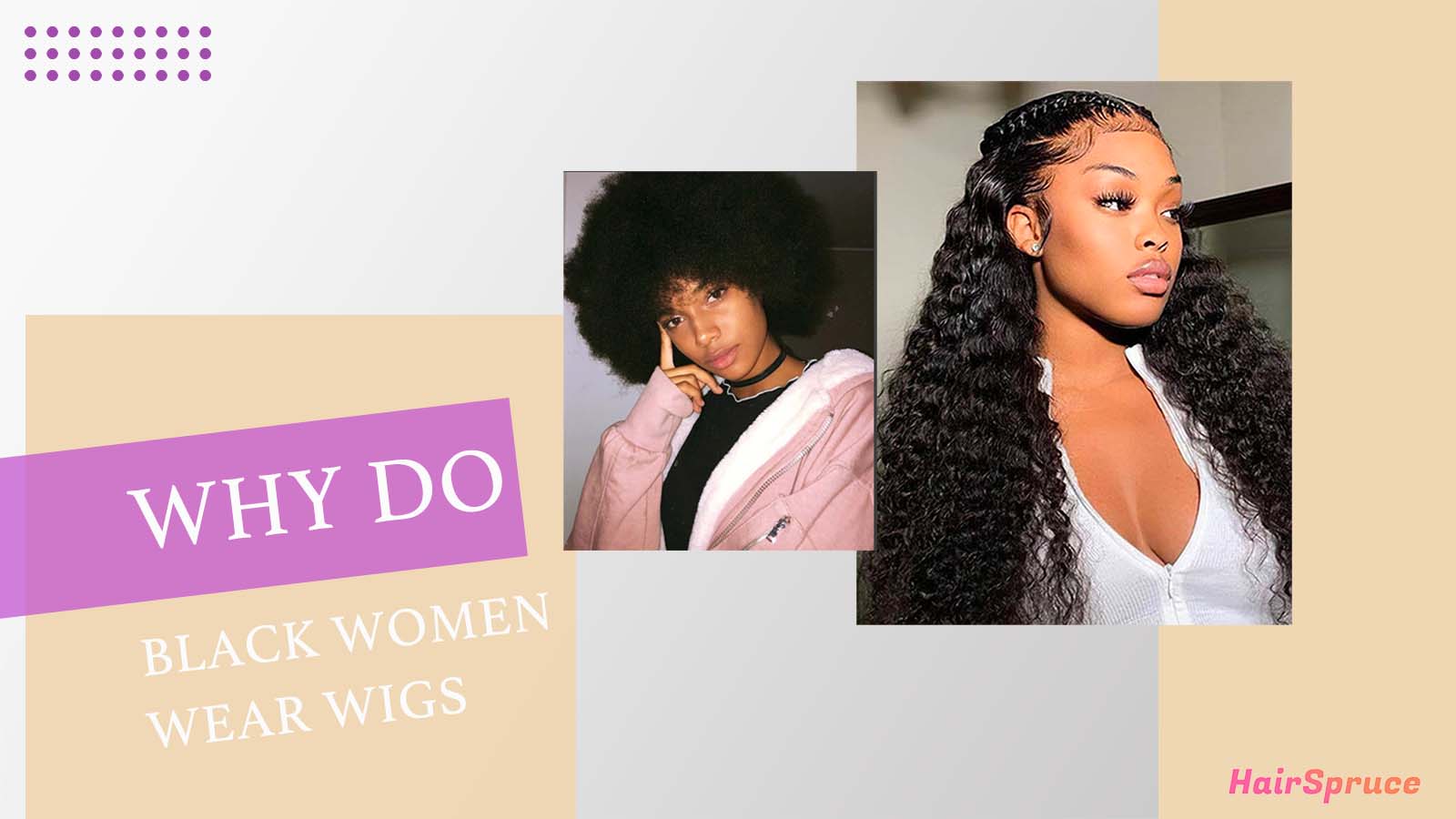

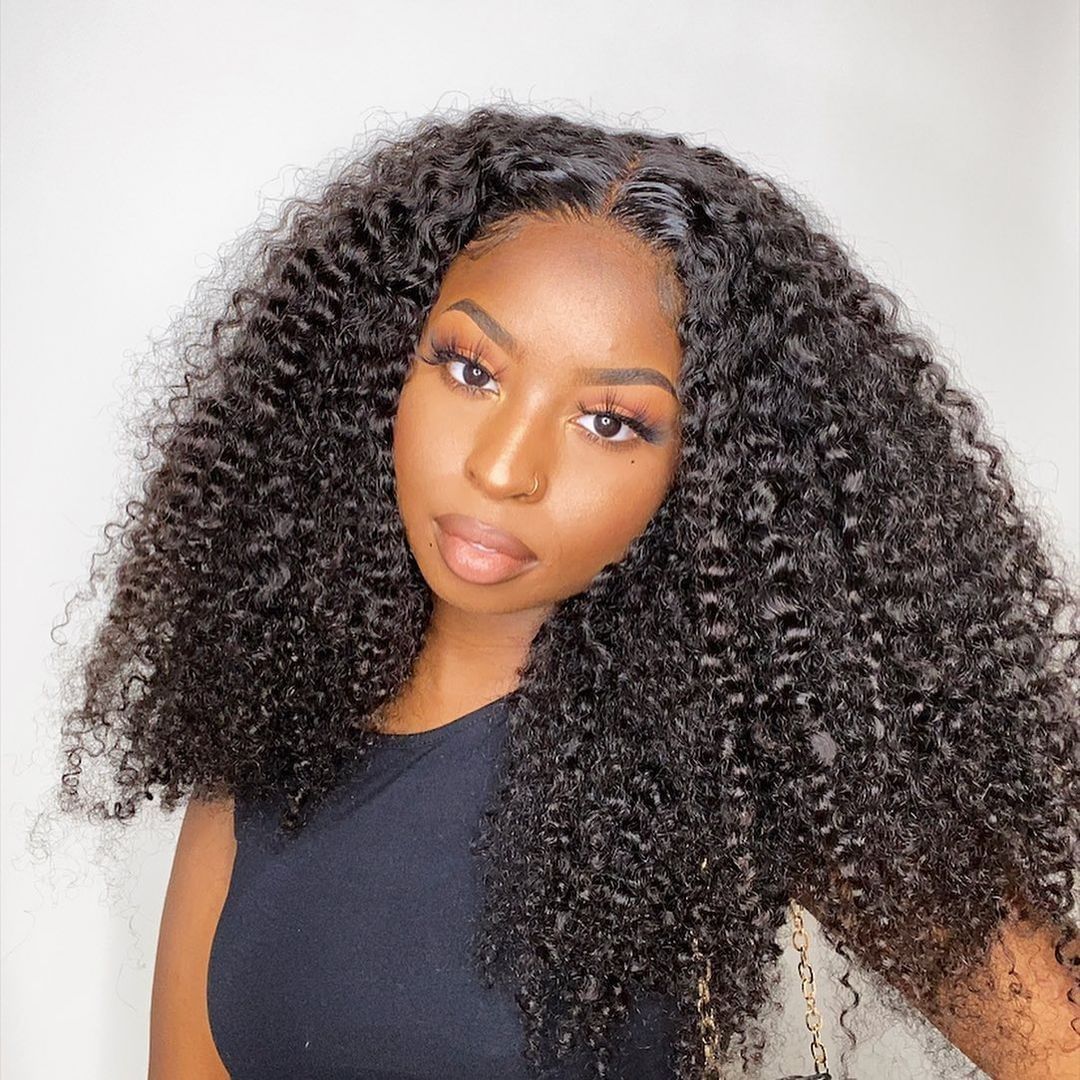
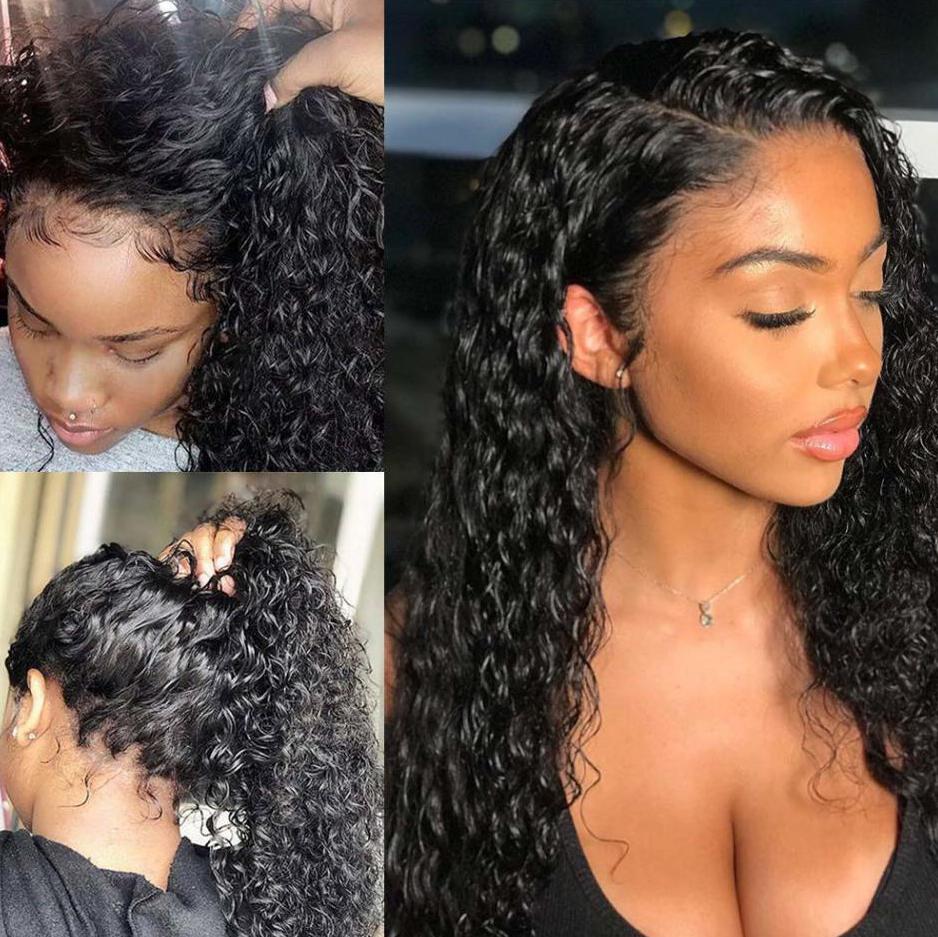


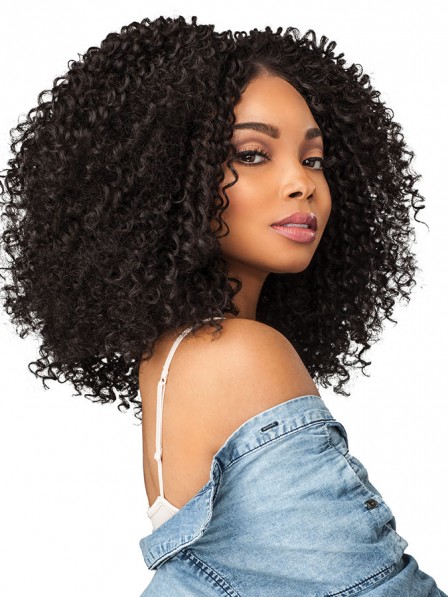

Closure
Thus, we hope this article has provided valuable insights into The Wigs We Wear: Exploring the Reasons Behind Black Women’s Hair Choices. We thank you for taking the time to read this article. See you in our next article!